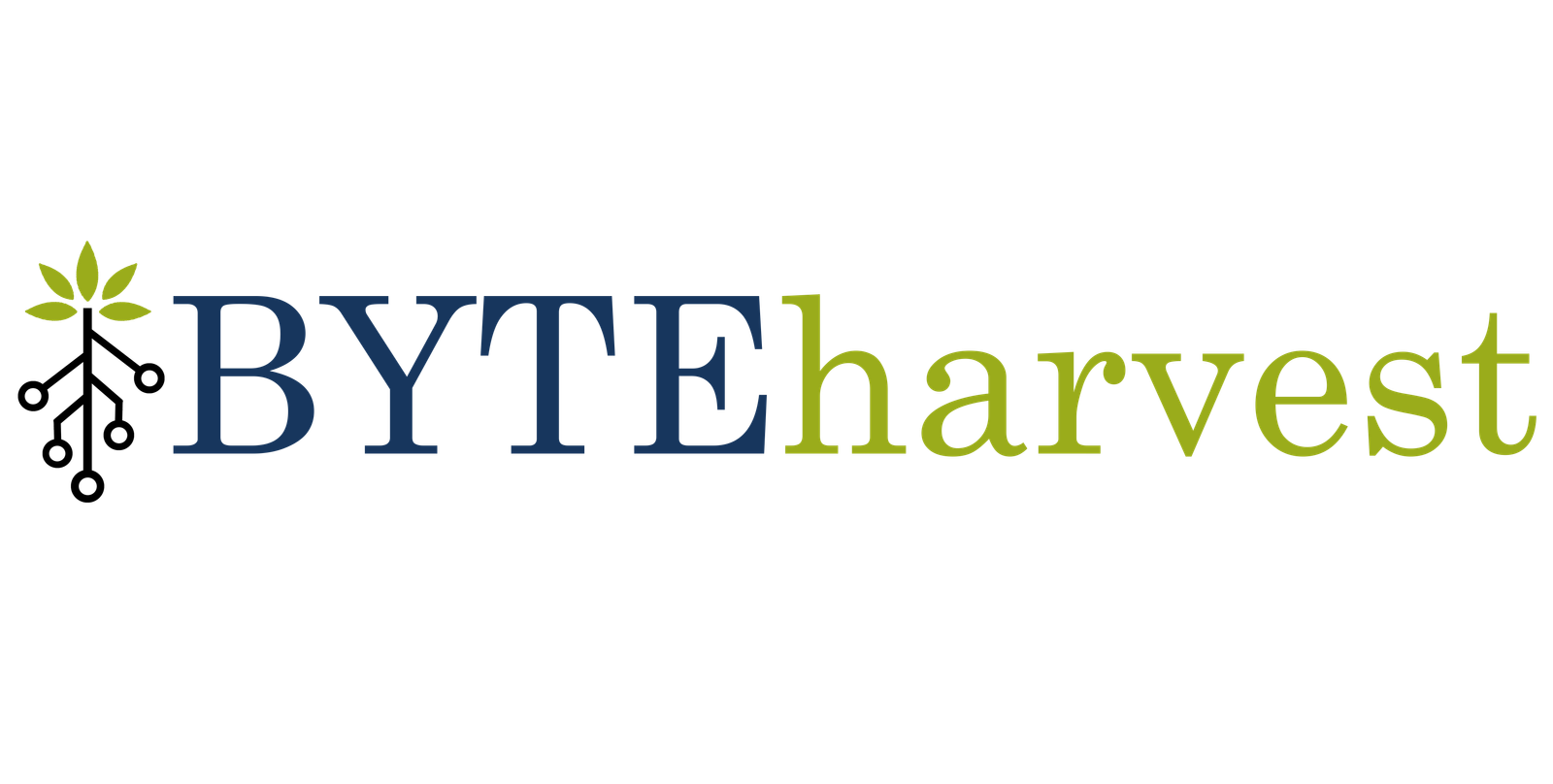The digital marketing landscape is evolving rapidly, and Web3 is at the forefront of this transformation. As blockchain technology reshapes how marketers connect with their audience, decentralization is redefining trust, data privacy, and engagement. This article explores the future of Web3 marketing, highlighting how it differs from traditional digital marketing strategies and why marketers need to adapt to stay ahead in this decentralized era.

Outline
- What is Web3 and How Does It Differ from Web 2.0?
- How Web3 is Transforming Digital Marketing?
- Why Decentralization Matters for Marketers?
- Key Benefits of Web3 Marketing
- The Role of Blockchain Technology in Digital Marketing
- NFTs and Their Impact on Marketing Strategies
- Data Privacy and User Control in Web3 Marketing
- How Marketers Can Leverage Web3 Platforms?
- The Future of Digital Advertising in a Decentralized World
- Challenges and Opportunities in Web3 Marketing
What is Web3 and How Does It Differ from Web 2.0?
Web3 represents the next evolution of the internet, shifting from the centralized Web 2.0 model to a decentralized framework. Unlike Web 2.0, where platforms control user data and monetization, Web3 gives users more control over their data and digital assets. It leverages blockchain technology, smart contracts, and decentralized applications to remove intermediaries and create a transparent ecosystem.
How Web3 is Transforming Digital Marketing?
Web3 is transforming digital marketing by introducing decentralized technologies that change how brands interact with consumers. Unlike traditional digital advertising, which relies on centralized platforms, Web3 marketing utilizes blockchain technology, non-fungible tokens (NFTs), and decentralized social media to enhance user experience and engagement.
Why Decentralization Matters for Marketers?
Decentralization offers several advantages for marketers, including transparency, reduced reliance on intermediaries, and direct engagement with the target audience. Marketers can use blockchain-based loyalty programs, personalized experiences, and decentralized applications to create more meaningful connections with consumers.
Key Benefits of Web3 Marketing
- Transparency – Blockchain technology ensures transparency in digital advertising, reducing fraud and enhancing trust.
- User Data Control – Users have control over their data, leading to better personalization and data privacy.
- Decentralized Platforms – Marketing efforts are no longer restricted to social media platforms but can be conducted across decentralized networks.
- New Revenue Models – Brands can monetize digital assets through NFTs and token-based ecosystems.
The Role of Blockchain Technology in Digital Marketing
Blockchain technology plays a crucial role in Web3 marketing by providing a secure and immutable ledger for transactions. Marketers can use blockchain to verify ad impressions, track campaign performance, and ensure transparency in marketing practices. Additionally, smart contracts can automate transactions and reduce dependency on third-party intermediaries.
NFTs and Their Impact on Marketing Strategies
Non-fungible tokens (NFTs) are changing how brands interact with consumers. NFTs allow brands to create exclusive digital assets that drive engagement and customer loyalty. From digital collectibles to branded virtual experiences, NFTs offer unique opportunities for marketers to connect with their audience.
Data Privacy and User Control in Web3 Marketing
One of the core principles of Web3 is enhanced data privacy. Unlike traditional digital marketing, where companies collect and exploit user data, Web3 marketing gives users control over their personal information. Decentralized technologies ensure data security, leading to improved trust between brands and consumers.
How Marketers Can Leverage Web3 Platforms?
Marketers can leverage Web3 platforms by utilizing decentralized social media, blockchain-based loyalty programs, and tokenized incentives. By integrating AI and smart contracts, they can create highly personalized marketing campaigns that enhance user experience and engagement.
The Future of Digital Advertising in a Decentralized World
The future of digital advertising is shifting towards decentralization, where brands will need to rethink their marketing approach. Instead of relying on traditional platforms, marketers must embrace Web3 technologies like blockchain, NFTs, and decentralized social media to reach their target audience.
Challenges and Opportunities in Web3 Marketing
While Web3 presents numerous opportunities, there are also challenges, including technological barriers, regulatory concerns, and adoption rates. However, early adopters who embrace decentralized marketing strategies will have a competitive advantage in the evolving digital landscape.
Key Takeaways
- Web3 is transforming digital marketing by decentralizing data control and enhancing transparency.
- Blockchain technology and smart contracts play a crucial role in Web3 marketing strategies.
- NFTs offer new opportunities for brands to engage with consumers through exclusive digital assets.
- Data privacy and user control are central to Web3 marketing, giving users more ownership over their information.
- Marketers must adapt to decentralized platforms and leverage blockchain-based solutions to stay ahead in the future of digital marketing.
By understanding and integrating Web3 marketing strategies, brands can navigate the evolving digital landscape and connect with their audience in a more transparent and engaging way.

